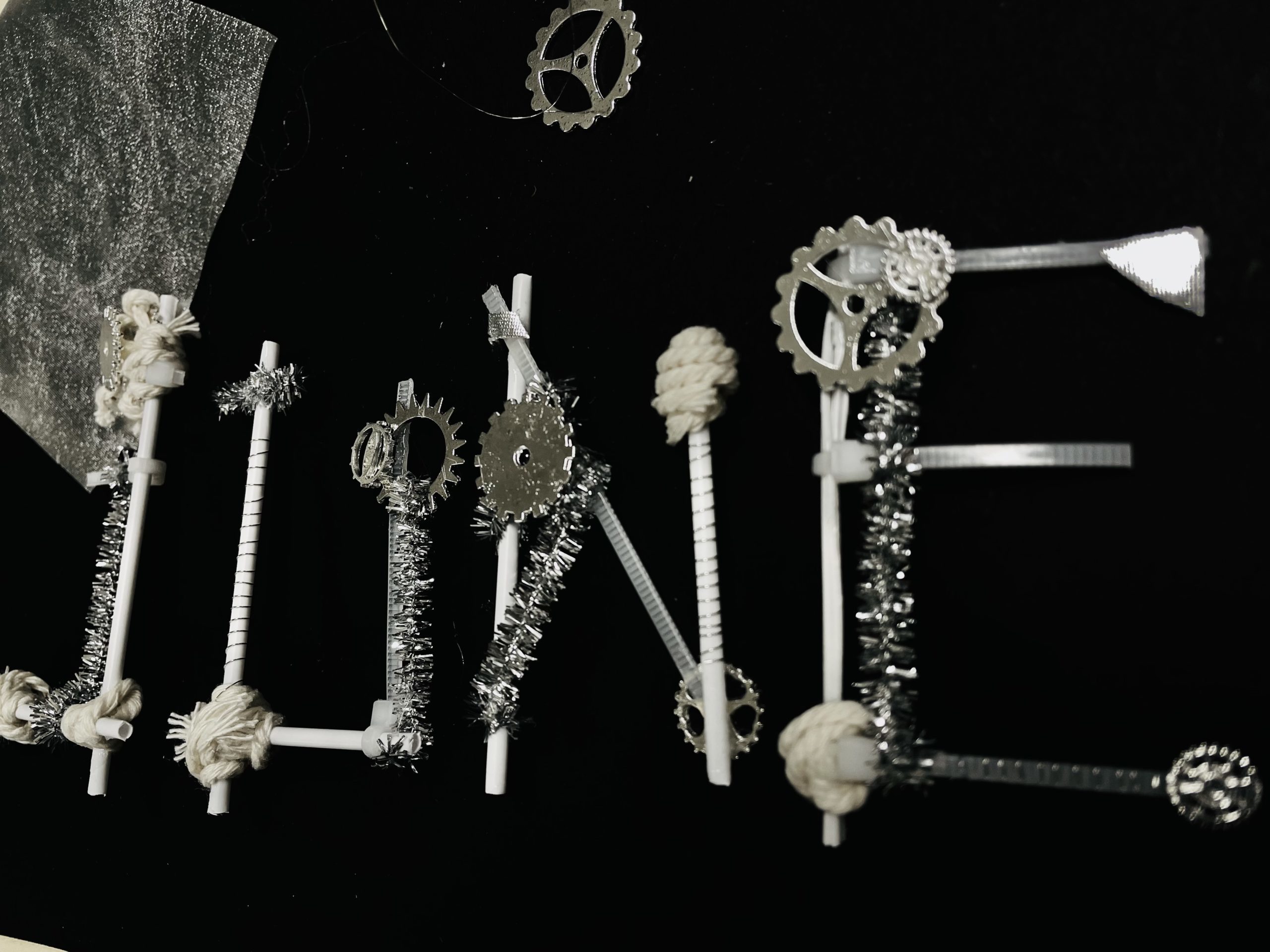
written by Chimamanda Ngozi Adichie
June Wang
Petula Wang
ELA3B
16 May 2021
Word count: 807
The fictional short story collection, The Things Around Your Neck written by Chimamanda Ngozi Adichie, consists of several short stories attributed to struggles Nigerian woman undergoes. Displaying the intersects for race, gender, and class, through sufficiently used perspectives. Where she granted the readers, a chance to step into the protagonists’ shoes as a commander or the character herself precisely. As a feminist, Adichie continues to use storytelling as an approach to awareness for equality and elimination of gender superiority as well cultural superiority.
Having Marriage arranged by family members instead of oneself mostly for wealth is the circumstance the protagonist of ‘The Arrangers of Marriage’ had to experience. She had her future western life with an American doctor arranged by her uncle, though shortly after she arrived, conditions turned out not as envisioned. For instance, Adichie constantly presents the reality gap throughout dialogues catalyzing her purpose towards the readers slowly through chronological order. In Adichie’s consideration, telling the story in a timely order could allow the readers to follow through the events in a more legible sense. Within this chapter, the protagonist continues to experience the effects of the more superior culture. “The officer had examined my foodstuffs as if they were spiders, her gloved fingers poking at the waterproof bags of ground egusi and dried onugbu leaves and uziza seeds, until she seized my uziza seeds. She feared I would grow them on American soil” (Adichie 126). Referring to the Nigerian food she brought to American seized by the customs due to mistrust in an unwelcome, surliness way.
Subsequently, the unintended corrections for the way to speak came from her husband. ‘“Can we buy those biscuits?” I asked. The blue packets of Burton’s Rich Tea were familiar; I did not want to eat biscuits but I wanted something familiar in the cart. “Cookies. Americans call them cookies,” he said’ (Adichie 131). In two forms exhibited “superiority” mentioned above. Foremost demonstrated the verity the American doctor got to choose and possess a Nigerian woman, while the Nigerian woman would be facing abuses and incomprehensible voices while even making her own decision. “What have we not done for you? We raise you as our own and then we find you an ezigbo di! A doctor in America! It is like we won a lottery for you!” (Adichie 128). The Nigerian phrase ‘ezigbo’ meaning “good one”, distinctively placing women at a lower and inferior position, while males encountering as the more superior gender.
In the story ‘Imitation’ when the protagonist Nkem first moved to America, she too consists of an unrealistic fantasy of the American dream that’s not yet fractured. “We live in a lovely suburb near Philadelphia, she told her friends in Lagos on the phone. She sent them pictures of herself and Obiora near the Liberty Bell, proudly scrawled very important in American history behind the pictures, and enclosed glossy pamphlets featuring a balding Benjamin Franklin” (Adichie 20). The word choice such as “proudly” chosen to describe the situation of longing to be Americans, portrays the confident and yearning for the more superior culture. As both two-story depicts, the belief of America would bring opportunities of freedom and success results a blindless pursue. Furthermore, this behavior clearly clarifies cultural assimilation, where the process of adopting the traits of a culture and abandoning one’s.
Other than cultural superiority displayed, a more superior gender is depicted together with roles for different gender. “You should grow it back. Long hair is more graceful on a Big Man’s wife.” He makes a face when he says, “Big Man,” and laughs” (Adichie 32). The phrase “big man” was repeatedly applied on several occasions by Adichie as one of some examples displayed, used to portray the American version of the successful male. Depicting a more dominant gender with the grander power of discourse. Regardless as every two stories develop according to the timeline: we could perceive the controlling position of male characters beginning to diminish, while the social status of the female protagonist escalates. “You can wait until you get your papers and then leave,” Nia said. “You can apply for benefits while you get your shit together, and then you’ll get a job and find a place and support yourself and start afresh” (Adichie 140). Under Adichie’s delineation, the woman usually rises against the patriarchal system and gradually becomes the leader of their own life. Nevertheless, this is the limitation for this short story collection, where idealistic results turn out to be the outcomes.
Aside from the context of the story, Adichie used a first-person point of view in ‘The Arrangers of Marriage’ creating a suffocating sense for the readers. By continuously repeating words of “new husband” and “I”, readers would comprehend the story from a more enhanced perspective where they do not have control over their own life. “My new husband shut the door. (…), when he leaned on it and said, “You should say ‘Hi’ to people here, not ‘You’re welcome.’” (Adichie 129) While reading dialogues with commanding tones.
Works Cited
Chimananda Ngozi Adichie, The Things Around Your Neck, HarperCollinsPublisher, Australia, HarperCollins e-books, March 2009.
